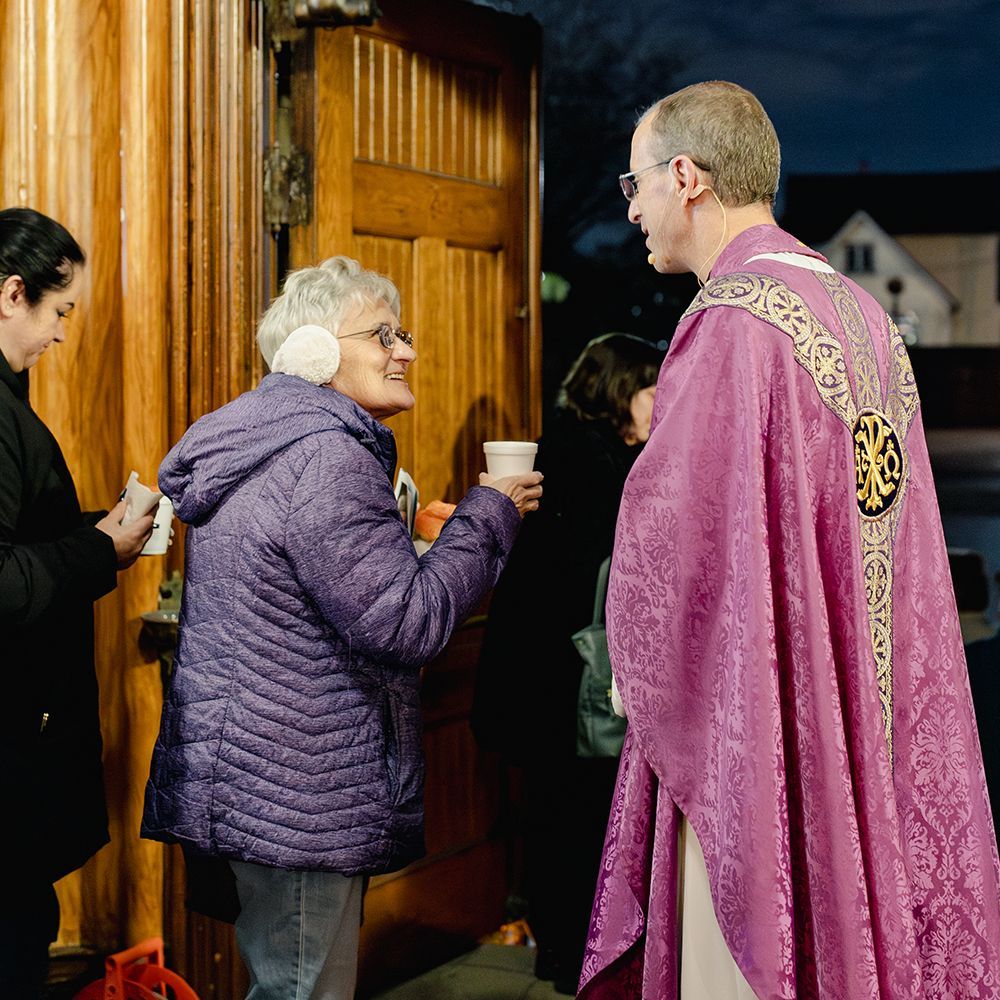The Fire

This past week I have been reading a biography of St. Francis of Assisi. I admit I didn’t know much about Francis going into the book, but I always had this image of him as a hippie — an easygoing nature-lover who sang about peace and let animals climb on him.
I’m not sure where that caricature of Francis came from, but since I’ve been reading this book I’ve come to see that it’s not true at all. He was a lover of nature, yes. A poet who sang of God’s peace, yes. And I’m sure he let a few animals climb on him from time to time (he did live in a hut in the woods).
But St. Francis of Assisi wasn’t the lost fourth member of Peter, Paul and Mary. He was a man on fire. He was a man burning.
Francis walked around barefoot and slept on the ground. He abandoned a life of wealth to embrace the material poverty that Christ experienced. He embarrassed his family and they disowned him. When his father would encounter Francis in the streets of Assisi, he would curse him.
Sometimes we get this idea that Christianity is a comfortable, cozy thing. We give our lives to Christ, and we expect to feel instantly satisfied, happy, safe and warm. But the saints knew better.
The saints knew that Christ had not come to wrap us in a warm blanket. Christ has come to set us on fire. And though fire is often seen as a sign of death and destruction, it is also the precursor of new life.
Think of a field of native plants and how it benefits so richly from a controlled burn — an action that clears away detritus and releases nutrients back into the soil.
If we let Christ set fire to our lives, what would that fire burn away? What dead and festering undergrowth in our souls would be consumed by the flames? What promise of future holiness would sprout from beneath the ashes?
©LPi




